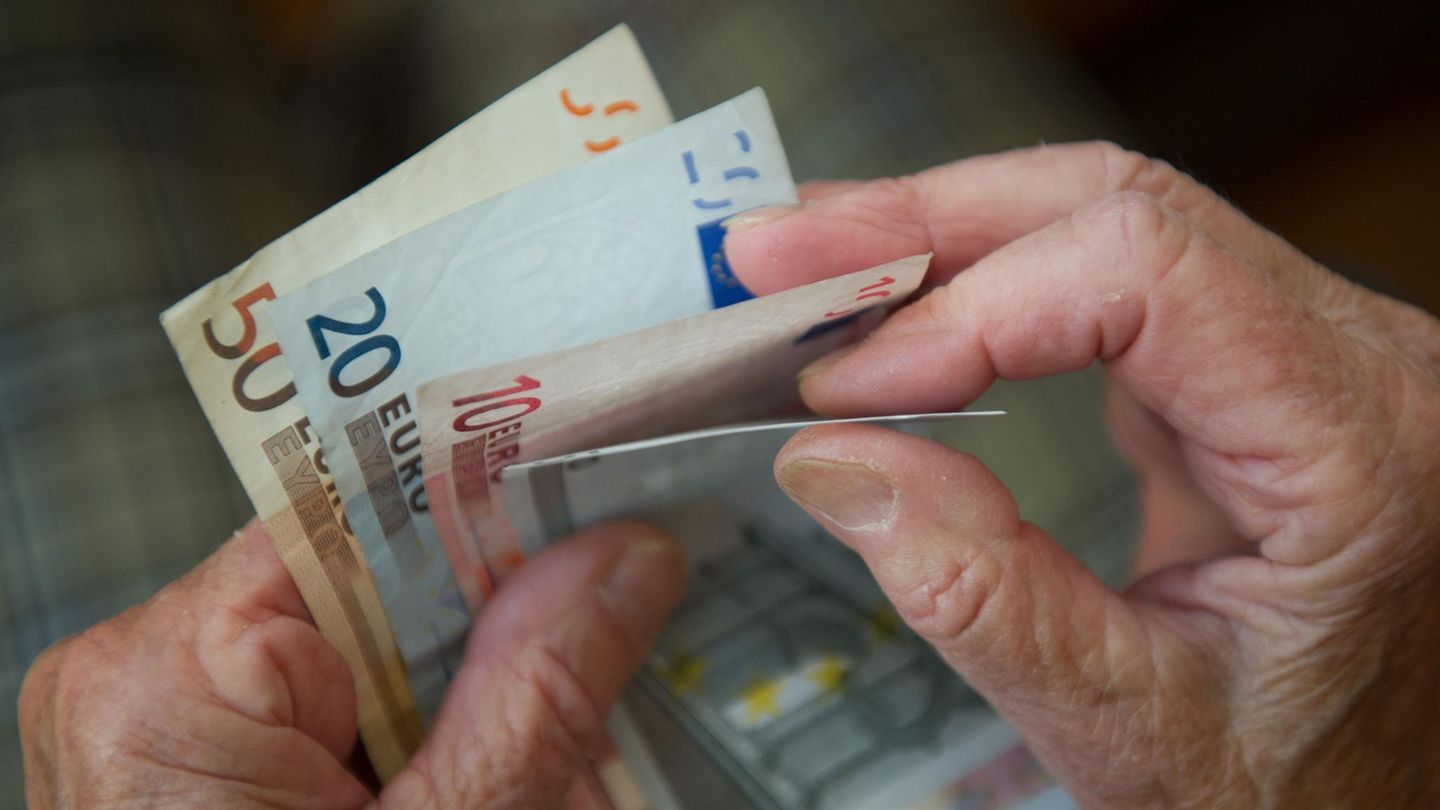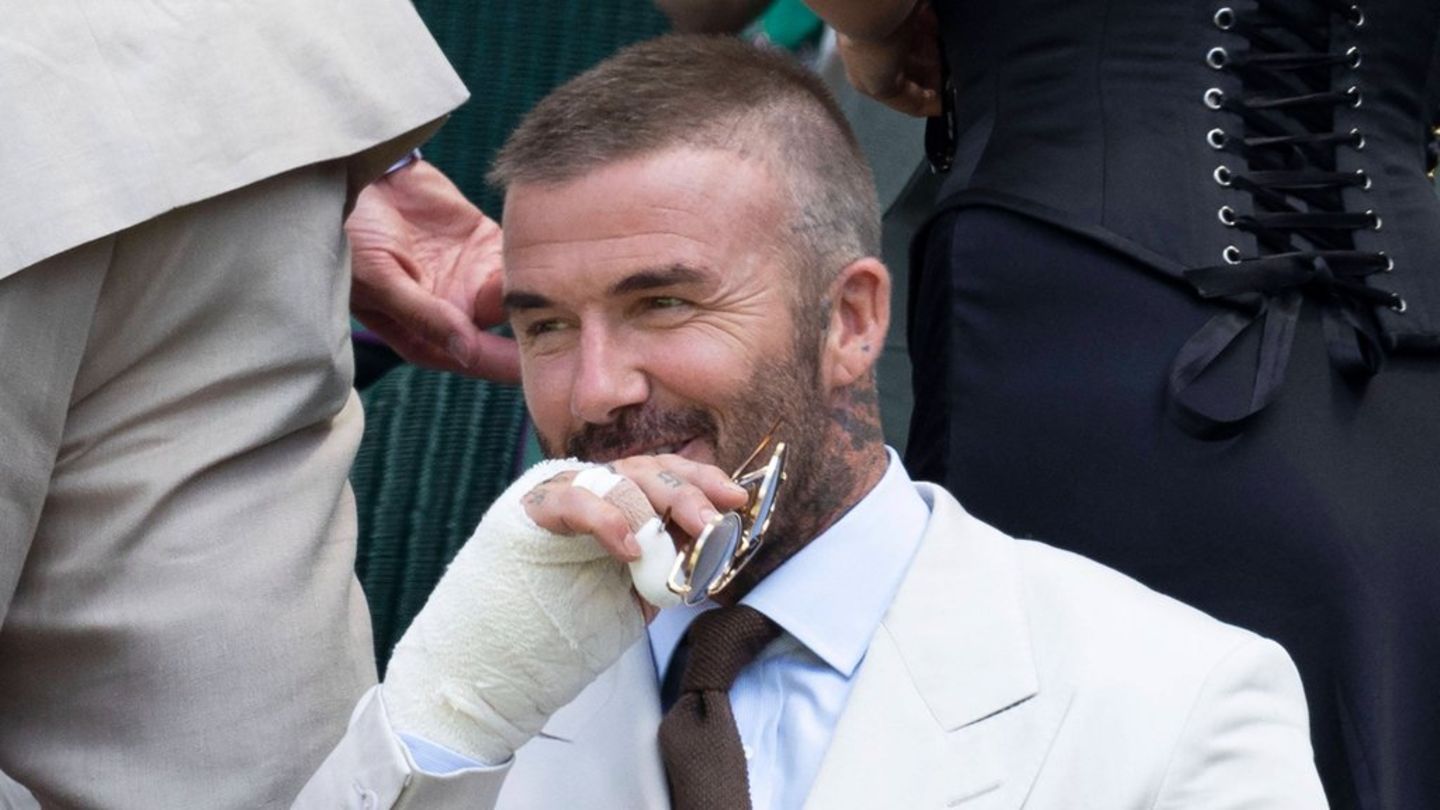It is the central socio-political traffic light project: after a long back and forth, the basic child security is to be decided. The Greens see Chancellor Scholz on their side – the FDP remains skeptical.
In the month-long dispute over the introduction of basic child security, the government coalition has agreed on how to proceed, according to Family Minister Lisa Paus. “Now we have clarity, now there is an agreement,” said the Green politician last night on the ARD “Tagesthemen”. “Basic child security is coming. At the end of the summer, a law will be passed in the cabinet. And there will actually be improvements in performance,” said Paus. She has Chancellor Olaf Scholz (SPD) at her side. The coalition is now only about “small things that need to be clarified with each other”.
Paus did not want to comment specifically on the estimated costs, which have been disputed for months. The two billion euros set by Finance Minister Christian Lindner (FDP) in the financial plan for 2025 are just a “placeholder”. In the end it will probably be a sum between these two and the twelve billion euros she estimates.
Paus: “That’s the clarity we need”
The basic child security is intended to bring together services such as child benefit, child citizenship benefit, child allowance and those from the so-called education and participation package. The application process should be clearer and easier. The traffic light coalition had long argued about the financing – especially between the Greens and the FDP.
Regarding the agreement, Paus said: “This is the clarity we need so that we can effectively combat child poverty in Germany.” It is unacceptable that every fifth child in Germany grows up in poverty. “We have to put an end to that.”
The Greens in the Bundestag also see the way clear for basic child security. “Now it is clear: the basic child security will come as a fair and improved service for families and children. The Chancellor also stands for this central socio-political traffic light project,” said Bundestag faction leader Britta Haßelmann of the German Press Agency with a view to a letter that Scholz wrote to Paus.
Long: “The knot is loosening”
Green party leader Ricarda Lang also expressed her satisfaction. “The basic child security is coming, the knot is loosening,” she told the dpa. “Now the new start in family support – including greater support for children at risk of poverty – can be set in motion.”
Scholz wrote to Paus yesterday that a draft agreed within the federal government should be available by the end of August. The Ministry of Family Affairs should now quickly develop or supplement the new draft law along the key points.
Finance Minister Christian Lindner (FDP) pointed out in the “Bild” newspaper that the government had already massively expanded support for families. “We’re going to continue that. But at some point the question arises as to whether additional money shouldn’t go to the schools instead of to the parents’ accounts.”
In Scholz’s letter, it says that Paus should work out alternatives for possible improvements in performance – including one that only includes the immediate child allowance, as well as various others that recalculate the “socio-cultural subsistence level” for children. The same applies to the lump sum of the education and participation package. It also says that the departmental coordination should be initiated promptly – so that the cabinet can deal with it at the end of August.
Haßelmann said to demands from the FDP to reduce Paus’ plans due to lack of money, the basic child security is more than a digitization project. “It’s also about supporting children and families who are affected by poverty. That means improvements in services will come.”
Kindler: “There are no chances for children for free”
The Greens budget expert Sven-Christian Kindler told the dpa that the basic child security is one of the most important socio-political reforms of the federal government. “The two billion euros in the financial plan are placeholders. The real costs are higher. Participation and opportunities for children do not come for free.” The design will be crucial.
Michaela Engelmeier, CEO of the Social Association Germany, accused the government of “stinginess” in dealing with children. She told the “Bild”: “In doing so, we not only harm them, but ultimately also ourselves. Because we are blocking their future and ours.”
The joint general association also warned that more money was needed. “With two billion euros more a year, you won’t eliminate child poverty,” said managing director Ulrich Schneider of the “Stuttgarter Zeitung” and the “Stuttgarter Nachrichten”. “The traffic light has to pull itself together to spend significantly more money on basic child security.”
Source: Stern
I have been working in the news industry for over 6 years, first as a reporter and now as an editor. I have covered politics extensively, and my work has appeared in major newspapers and online news outlets around the world. In addition to my writing, I also contribute regularly to 24 Hours World.




